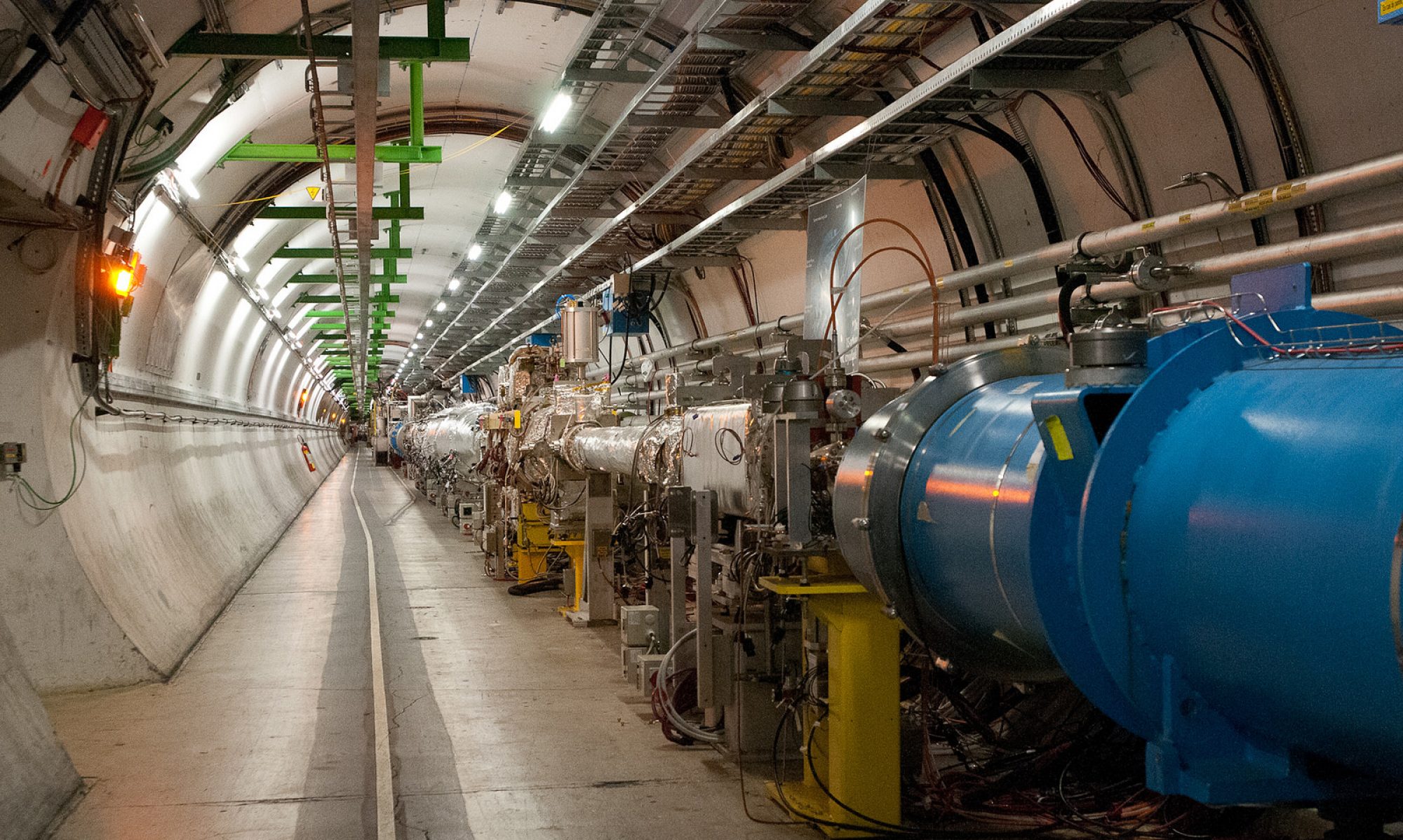This weekend, I’ve been taking shifts. Specifically, I’ve filled the position known as “Liaison” during the swing period, from 4 pm to midnight. The Liaison’s job is to facilitate communication between the detector group – BaBar – and the accelerator operators. There is a popular perception in my field, which has some truth, of a historical “rivalry” between these two groups. Accelerator physicists are interested in pushing the machine up in performance, possibly creating a high-background environment not suitable for high-efficiency data-taking. The detector physicists want stable conditions with low backgrounds, so they can keep their data logging rates reasonable and maintain a low-noise environment for easier data analysis. Liaison’s job is to pass concerns between the groups, and settle matters of dispute if they arise.
Shifts are the way you get close to your experiment if, like me, you were an undergrad on a different experiment when this one was built. Combined with my detector role, I have not felt this close to BaBar since my last detector service role. It’s refreshing, not only to be reminded where you data really comes from, but to play a modest role in making it happen.
It’s always a little painful. You have to eat questionable food from Safeway, or Quiznos. You drink some coffee, then too much, so that by the time you get home all you can do is think about are diamond sensor background rates while not sleeping. You’re a little too groggy in the morning, a little too sharp in the afternoon. During the quiet moments, when the operators are engrossed in tune space or bunch patterns, you fill the time with work you should have done during the week or the occasional odd posting in the electronic log.
Above all, however, you’re reminded about what a talented crew of people make it possible to probe the frontier of nature. For a moment, you might even get to be part of that crew.

